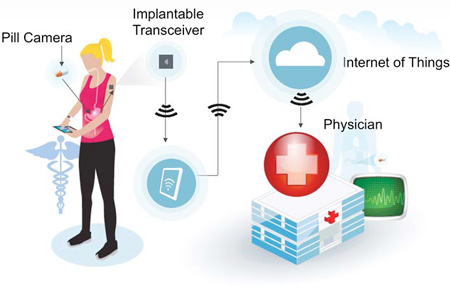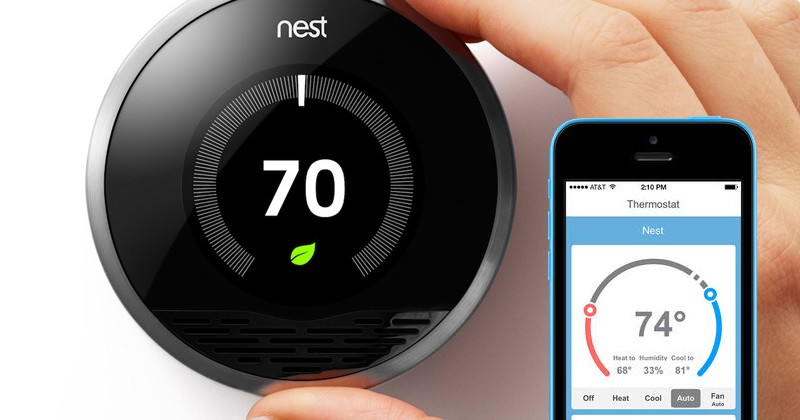Internet of Things (IoT) is expected to change our world considerably. As more humans all across the world are getting Internet access, at the same time, even machines are getting linked to the Internet. As per some estimates, about 5 billion devices are connected to the Internet as of now. This is expected to grow exponentially in the next decade. It might reach up to 50 billion devices in next five years.
These devices will lead to connected cars, connected homes, connected clothing, connected healthcare and more.
Just for the healthcare domain, the IoT market is estimated to reach $117 billion by 2020. This includes wearable devices that allow patients to capture their health data. Further, IoT devices help hospitals to track the medical devices, personnel and patients.

Currently, there are a lot of platforms that are being developed by individual players. These platforms will get more standardized over time so that various IoT devices can work together. Facebook is gearing for this IOT future. It seems to be best placed to win the inevitable platform wars in IoT space.
Currently, users are able to remotely configure and control their machines. For example, users can modify thermostat settings via an application executing on a smartphone or retrieve vehicle diagnostic information using another application executing on the smartphone. However, different applications are associated with different machines, making it inconvenient for a user to remotely configure or control multiple machines.
Moreover, these conventional applications for remotely controlling a machine limit control of the machine to a user having an application associated with the machine installed on a smartphone. But a user may benefit if additional users are capable of accessing a machine associated with the user to retrieve information or to perform actions via the machine. Conventional systems require each user accessing a machine to have an application associated with the machine installed on her smartphone, which allows multiple users to control or access the machine but makes it impractical for a user to regulate or limit interactions with the machine other users are authorized to perform.

Facebook plans to change this. Facebook already knows about connections between various users. Now, it will allow users to register their IoT devices with their Facebook accounts. Facebook will then automatically identify the registered machines and maintain a list of users who can control these machines along with their respective permissions. These machines include: a thermostat, an automobile, a drone, a toaster, a computer, a refrigerator, an air conditioner, a robot, a vacuum, an actuator, and a heater. Facebook will be able to directly interact with the registered devices by sending control signals to the devices to perform required actions.
This will allow users to use a single smartphone application (i.e. “Facebook”) to control all IoT devices. Also, users can easily assign rights to other users to their IoT devices via Facebook.
Publication number: US 20160241567
Patent Title: Controlling Operation Of A Machine And Describing Actions Performed By The Machine Through A Social Networking System
Publication date: 18 Aug 2016
Filing date: 19 Nov 2014
Inventors: Scott C. Wiley; Adam Michael Beaton; Alan Dean Olsen;
Original Assignee: Facebook, Inc.

